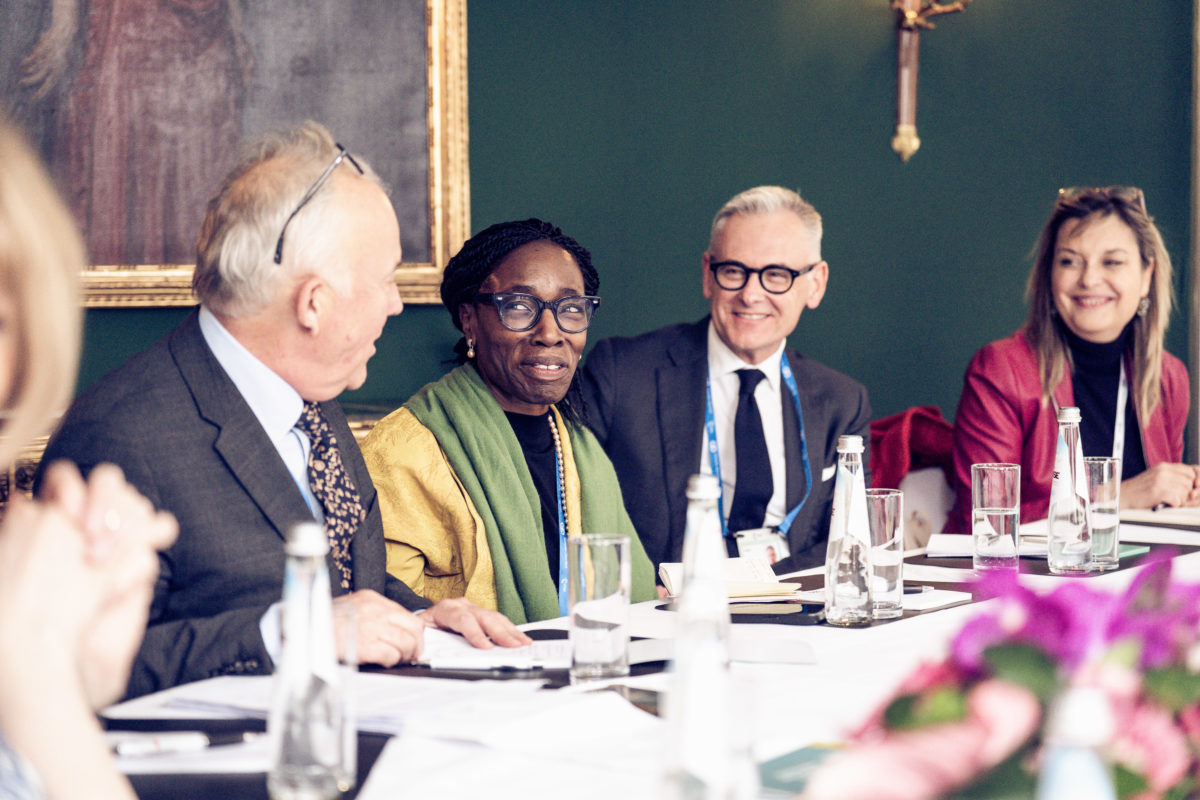Conflict resolution in a transactional world: revisiting the role of the private sector
25/02/2025
The role of precious resources in shaping conflict prevention and resolution has been thrust centre stage by the new US Administration’s approach to ending wars. “The Ukraine minerals deal is a perfect metaphor for Trump’s foreign policy” as one headline puts it.
The importance of the political economy and ‘following the money’ has long been recognised by those in the business of conflict resolution. This is often related to the role natural resources can play in conflict dynamics, whether gold in Sudan, diverse minerals in the Great Lakes, or oil and gas in other politically fragile or violent settings.
But the role of the private sector in dialogue, let alone negotiations and implementable plans to end conflict is poorly defined. In an era where transactional deals seem to take on an increasingly important role in peace making, agreeing on some parameters for engagement seems more important than ever.
This was evident at an event entitled “Forgotten No More: Addressing the Crisis in the Democratic Republic of the Congo” at last week’s Munich Security Conference, a conversation between Michael Keating, Executive Director of the European Institute of Peace, and Felix Tshisekedi, President of the Democratic Republic of Congo.

The eastern city of Bukavu was falling to the March 23 Movement with Rwanda Defence Forces support as he talked, heralding an even greater humanitarian crisis than already exists. In a discussion about the current situation, the President spoke about military developments on the ground, diplomatic efforts to end the fighting and dwelt at length on the role of resources. He put recent events firmly in a larger context: decades of abusive exploitation of the DRC’s natural wealth.
“People are suffering because they happen to live in an area rich in resources” he said, mentioning tungsten, cobalt, tin, copper, nickel, titanium and “blood coltan”. States and corporations are turning a blind eye to if not incentivising illicit supply chains.
“Remaining silent risks complicity” said the President, adding “We took Apple to court not because we want to punish it but to draw attention to the problem”. His point was that if there was political will, this could be addressed, if not stopped, in the process sharpening accountability for the ongoing violence, whether of states, companies and consumers.
He pointed to technology that allows identification of the exact origin and movement of minerals and the need for transparent controls on companies. Revenues should be generated to create jobs and invest in economic development, not just in armed forces.
The footprint of the private sector was discussed at another event, “Peace in Pieces, Whatever Happened to Smart Approaches to Peace and Security?” co-hosted by the Institute with APCO . This is likely to expand as competition for resources relating to the green transition, food security and economic growth intensifies.

With the number of conflicts and people being killed and displaced around the world rising rapidly, the issue is whether responsible corporations are willing to play a role not just in peacebuilding and post conflict reconstruction – where there are already many positive examples – but in prevention and resolution of violent conflict. And if so, what?
Could corporate risk assessment and early warning capacities be brought into play? Can business catalyse or support dialogue, or be more involved in the definition of agreements to encourage peace dividends? Is there scope for more deliberate polylateral fora that include business, governments and civil society to address specific crises? Should commitment to a set of principles and to ‘doing no harm’ be the prerequisite for corporate engagement in conflict resolution?
For western companies, these issues are becoming more pressing. The US Administration’s foreign policy now focuses on transactional interventions to secure economic interests and generate profits – even at the expense of long-standing alliances, shared values and the rule of law. This applies to space, critical waterways, the Arctic and other resource and mineral rich areas, whether Ukraine, the Middle East and no doubt Sudan and the DRC.
In this strange new era, with so many assumptions being challenged, new centres of power emerging and the rules-based order under assault, creativity and principled realism are needed including from the private sector to arrest and reverse levels of violence and to promote stability, peace and human dignity. Watch this space.

